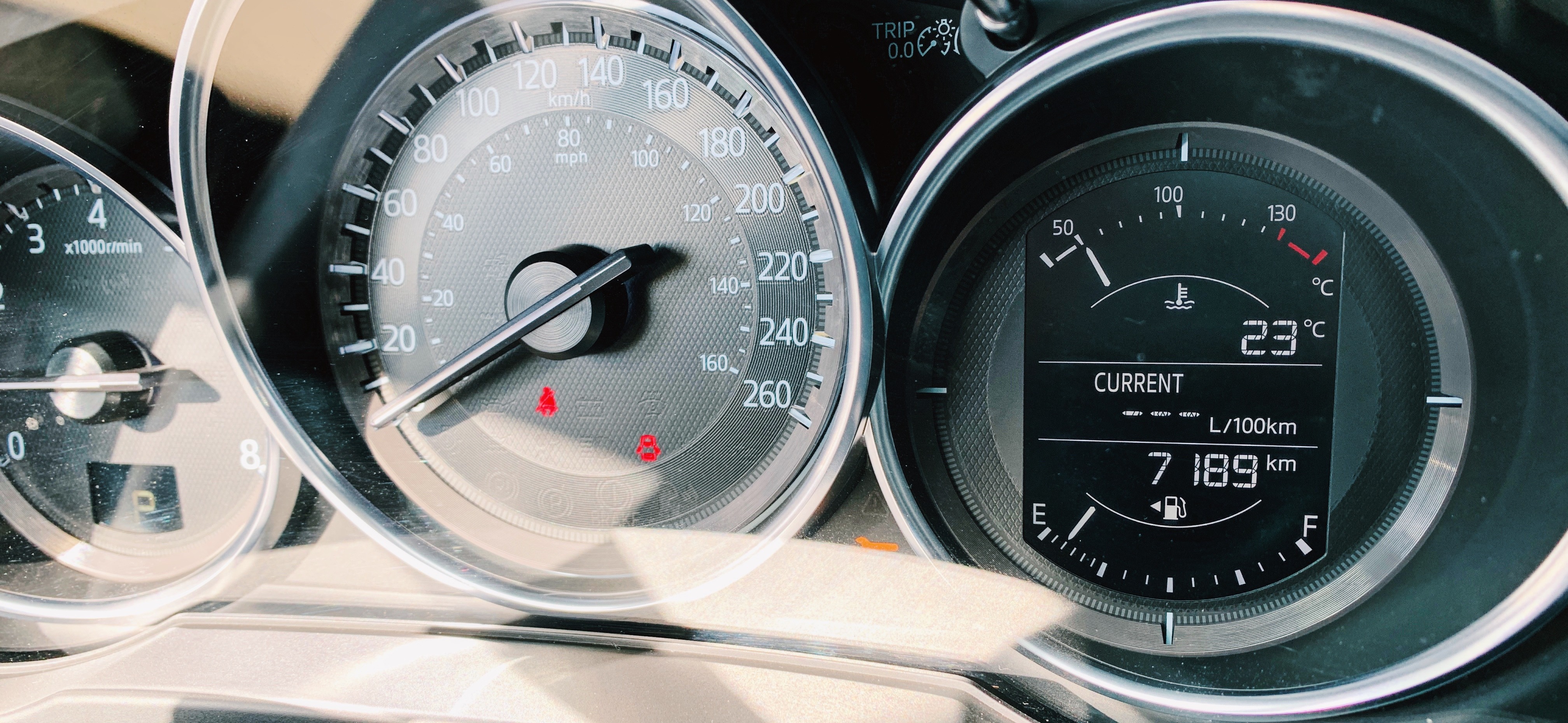Improving Fleet Fuel Economy: It Begins with Driver Efficiency

A necessary-evil, fuel costs continue to bleed your profits and alternate options are still years out! How are you mitigating the rising fuel prices so that your fleet is cost-efficient, your company is an environmental steward, and that your team is more productive? Let's breakdown the process and provide you four simple ways you can act on today to improve your bottom-line.
1) TIRES & WINDOWS: It’s a known fact that maintaining your car maximizes its life – but did you know that seasonal driving adjustments can greatly improve your commercial vehicle’s overall fuel economy?
- When driving in the city, the windows should be open and the air conditioning turned off, as this drains the fuel.
- On a highway, the windows should be closed and the air conditioning should be used, to reduce vehicle drag.
- Tires have a huge impact on fuel economy. Ensure your fleet is operating the appropriate season tire and ensure they have the right fuel-pressure. Winter tires in the summer is like swimming in snow gear!
- Keep your tires inflated. According to a study by NHTSA, fuel efficiency can be improved by an average of 0.6% - 3% with properly inflated tires.
2) IMPROVED ROUTES & SCHEDULING: Time saved is money saved when it comes to route planning for your fleet. Mapping out a route from point A to point B ahead of time is important to ensure a faster, more direct journey, that will involve less idling and less fuel consumption. Technology, like telematics, can provide drivers with the most efficient routes and increase the number of stops they can make in a day. With the implementation of telematics in your fleet, there can be less fuel wastage, increased productivity/profitability and fewer carbon emissions. Geotab, North America’s largest telematics provider, gives full visibility into mileage, route optimization, drive time, and the cost of idling.
3) KEEP YOUR FLEET LEAN: A vehicle’s weight is another important factor in fuel consumption. The heavier the vehicle, the more energy it needs to get moving. This means that reducing extra weight can be an effective way to lower the amount of fuel consumed. When deciding on a new vehicle, it’s important to look at the lightest vehicle with the smallest engine option to meet your needs and consider more fuel-efficient vehicles and even hybrid or electric models, where possible. Drivers should also periodically check that their vehicle isn’t carrying unnecessary equipment or tools. Additionally, a fleet fuel card can provide discounts with specific fuel providers and easily provide a snapshot of fuel expenses per vehicle.
4) DRIVE LIKE GRANDMA: All jokes aside, it’s important to consider that the driver behind the wheel can save you money. Looking at factors such as aggressive driving, speeding, and idling in relation to fuel consumption is a worthwhile endeavor. Working on your driver’s safety training can ensure their own personal wellbeing while driving a company car, as well as reducing overall fuel costs and general engine wear. Investing in a telematics system to monitor and train company drivers has long-term potential for cutting costs on fuel. A driver incentive program can encourage and promote shared goals, with a focus on the benefits of prioritizing fuel economy. This will ultimately assist in optimizing fleet vehicle drivers; retaining skilled employees, encouraging motivation and efficiency, and bringing the company as a whole toward its most cost-effective potential.
As a fleet management service provider, we would be happy to educate you on Telematics (Geotab) and integrated fuel-card platforms that can drive your fuel-expenditures in the right direction and increase the productivity of your fleet. We look forward to connecting with you!
Contact Us
Leave us a voicemailor send us a message
Give us a call at (604) 298-8789 or click here to send us a message! Or visit us at: 2293 Douglas Rd, Burnaby, BC V5C 5A9.